California's new gas tax goes into effect November. 1. That means most drivers will see the price of gas go up by 12 cents per gallon, diesel will increase 20 cents a gallon. Starting January 1, you'll be charged a new annual vehicle fee ranging from $25 to $175, depending on the value of your car. Even electric cars, which don't use gas, will will pay a $100 annual fee (starting in 2020).
The gas tax increase is expected to raise more than $50 billion to fund Caltrans' "Fix It First" project, which aims to repair roads and bridges, and improve traffic congestion, across the state. Will they spend it wisely?
Governor Jerry Brown fought hard to get the gas tax (officially known as Senate Bill 1) passed last April, saying "real money" is needed to fix California's transportation systems, which have gone unrepaired and unexpanded for decades.
But the state's Republicans are fighting back, actively working to repeal the gas tax. There are two separate efforts to put repeal-the-gas-tax measures on the November 2018 ballot. And they say that because their polling on the gas tax shows it to be extremely unpopular, there's an excellent chance SB1 will be repealed a year from now.
So even though the gas tax kicks in on November 1, the Gas Tax War is just beginning.
Listen to this "Policy and a Pint" podcast as we discuss the gas tax and what it consists of, where the money goes, why it's a good thing, why it's a bad thing and -- most importantly -- how it affects you as a California driver, and maybe your vote next November.

